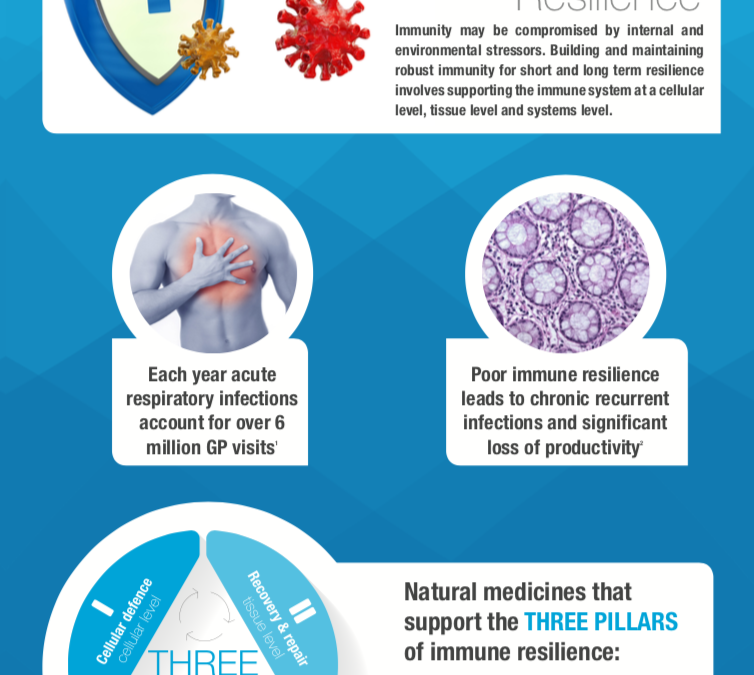Tips for Avoiding Stress to Increase Immune System Resilience

Why is it important to manage stress?
Stress triggers the release of hormones such as cortisol and adrenaline, which can have a negative impact on the body when they are constantly released. Chronic stress can lead to a weakened immune system, which can make us more susceptible to illnesses and infections. Managing stress can help to reduce the negative impact on our immune system, allowing us to better fight off infections and diseases.
What are some tips for managing stress?
1. Exercise regularly
Regular exercise has been shown to reduce stress levels and improve overall health. Exercise helps to reduce the levels of stress hormones in the body and releases endorphins, which can improve mood and reduce stress.
2. Get enough sleep
Lack of sleep can contribute to stress levels and weaken the immune system. Aim for 7-8 hours of sleep per night to help manage stress and improve overall health.
3. Practice relaxation techniques
Relaxation techniques such as deep breathing, yoga, and meditation can help to reduce stress levels and promote relaxation. These techniques can help to lower blood pressure and reduce the levels of stress hormones in the body.
4. Connect with others
Connecting with others can help to reduce stress and improve overall mood. Reach out to friends and family, join a social group, or participate in activities that you enjoy.
What are the benefits of managing stress?
Managing stress can have a number of benefits, including:
- Reduced risk of chronic illnesses
- Better sleep
- Improved mood
- Increased immune system resilience
What are the potential drawbacks of not managing stress?
Not managing stress can lead to a number of negative consequences, including:
- Increased risk of chronic illnesses
- Poor sleep quality
- Impaired immune system function
- Increased risk of mental health problems
Conclusion
Stress is an inevitable part of life, but managing stress is key to maintaining a healthy immune system. By exercising regularly, getting enough sleep, practicing relaxation techniques, and connecting with others, we can reduce the negative impact of stress on our immune system and improve overall health.
FAQ
1. What is stress?
Stress is the body's response to a challenge or demand. It triggers the release of hormones such as cortisol and adrenaline, which can have a negative impact on the body if they are constantly released.
2. How does stress affect the immune system?
Chronic stress can weaken the immune system, making us more susceptible to infections and diseases.
3. What are some relaxation techniques?
Relaxation techniques such as deep breathing, yoga, and meditation can help to reduce stress levels and promote relaxation.
4. What are the benefits of regular exercise?
Regular exercise has been shown to reduce stress levels and improve overall health. Exercise helps to reduce the levels of stress hormones in the body and releases endorphins, which can improve mood and reduce stress.
